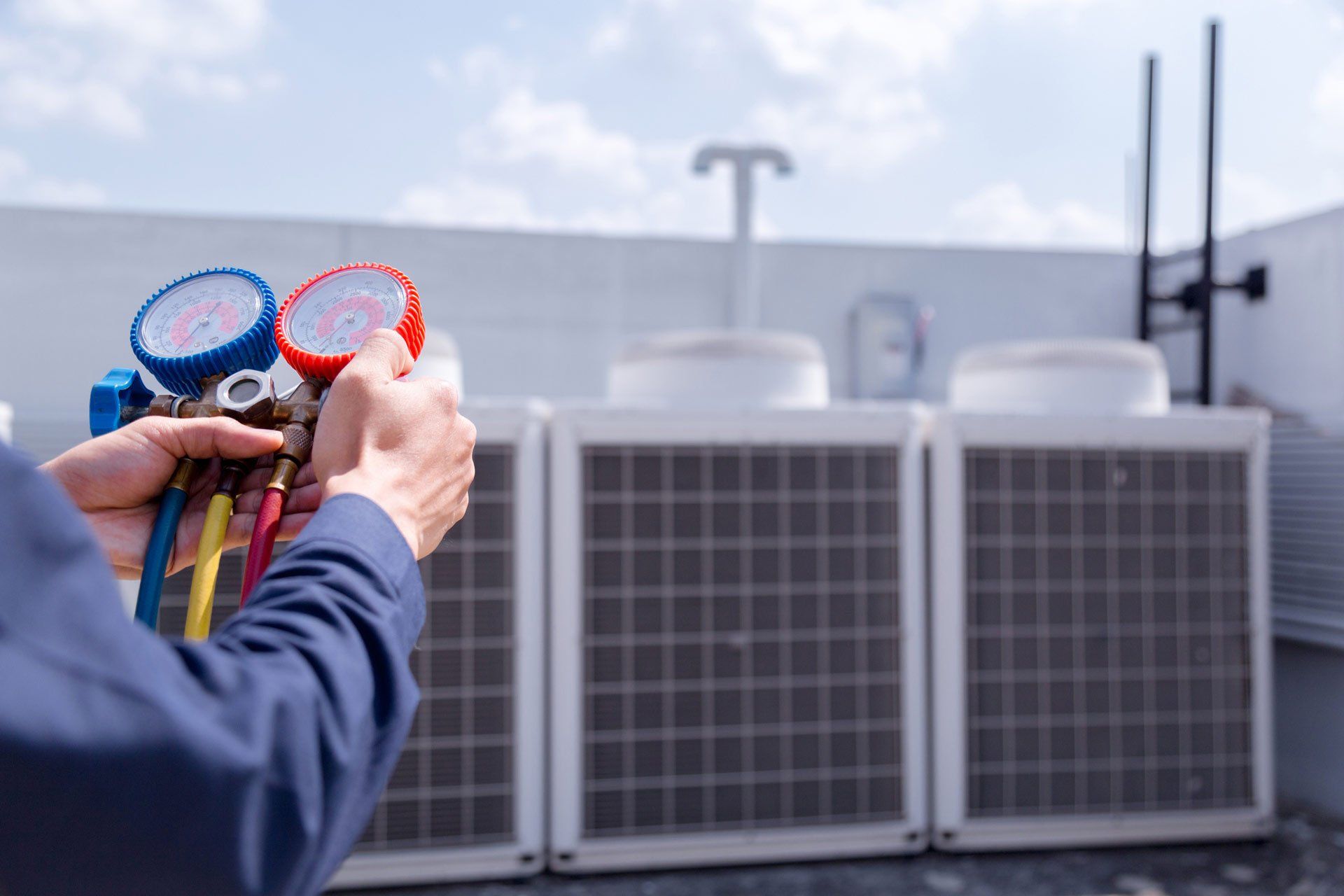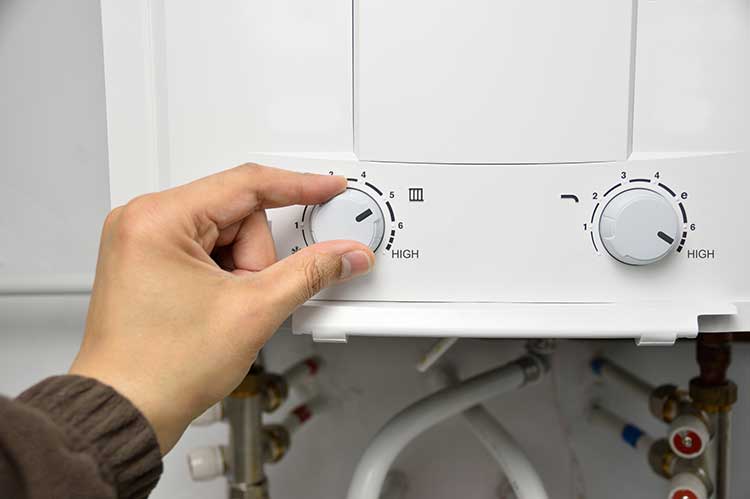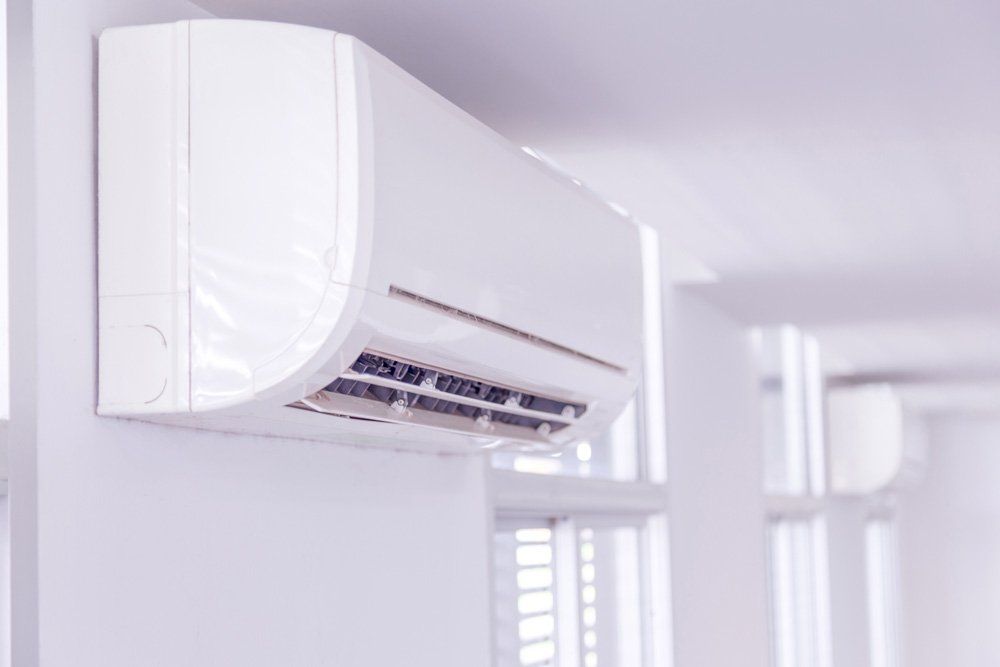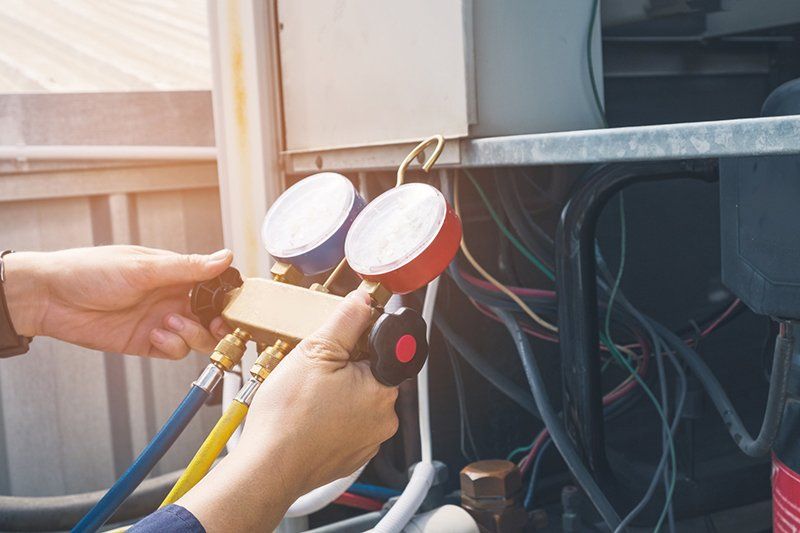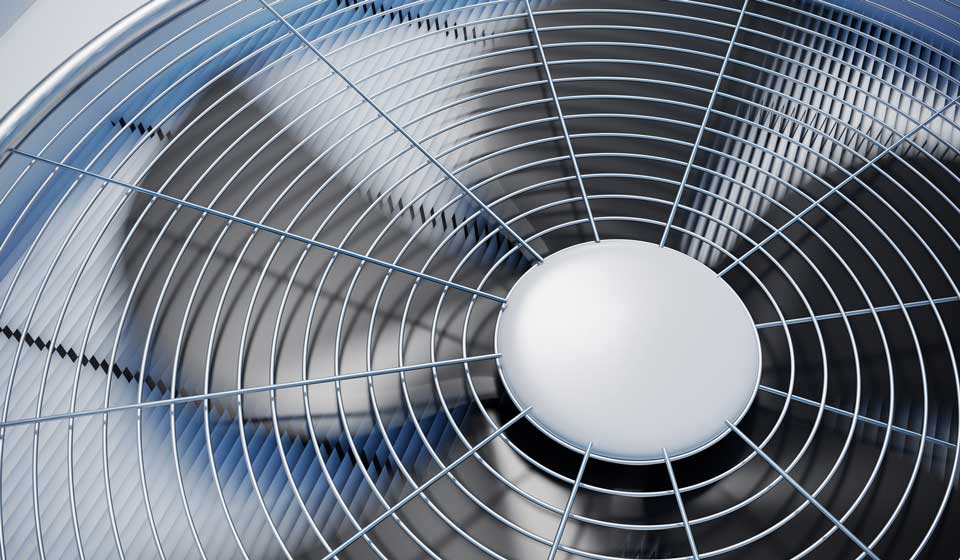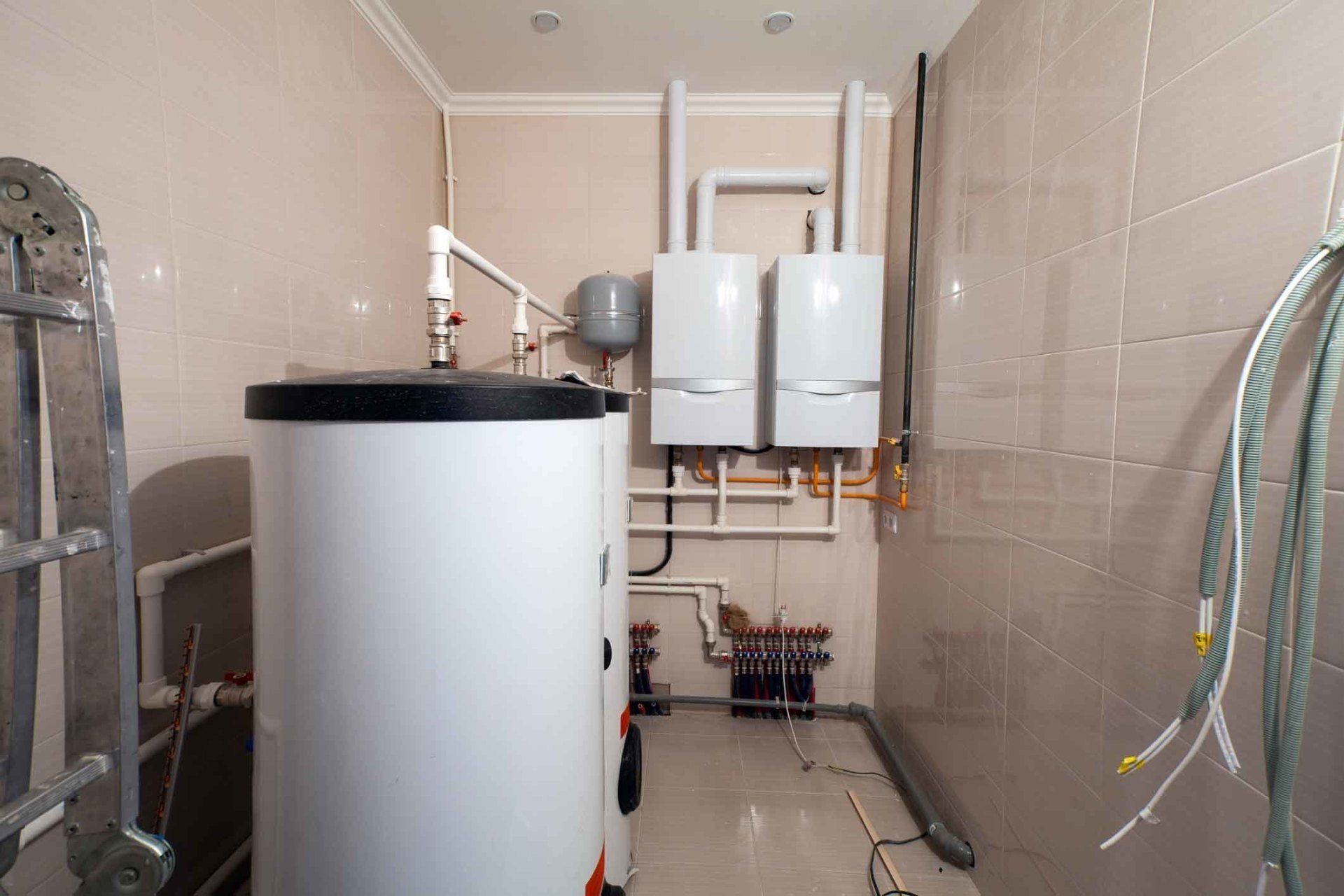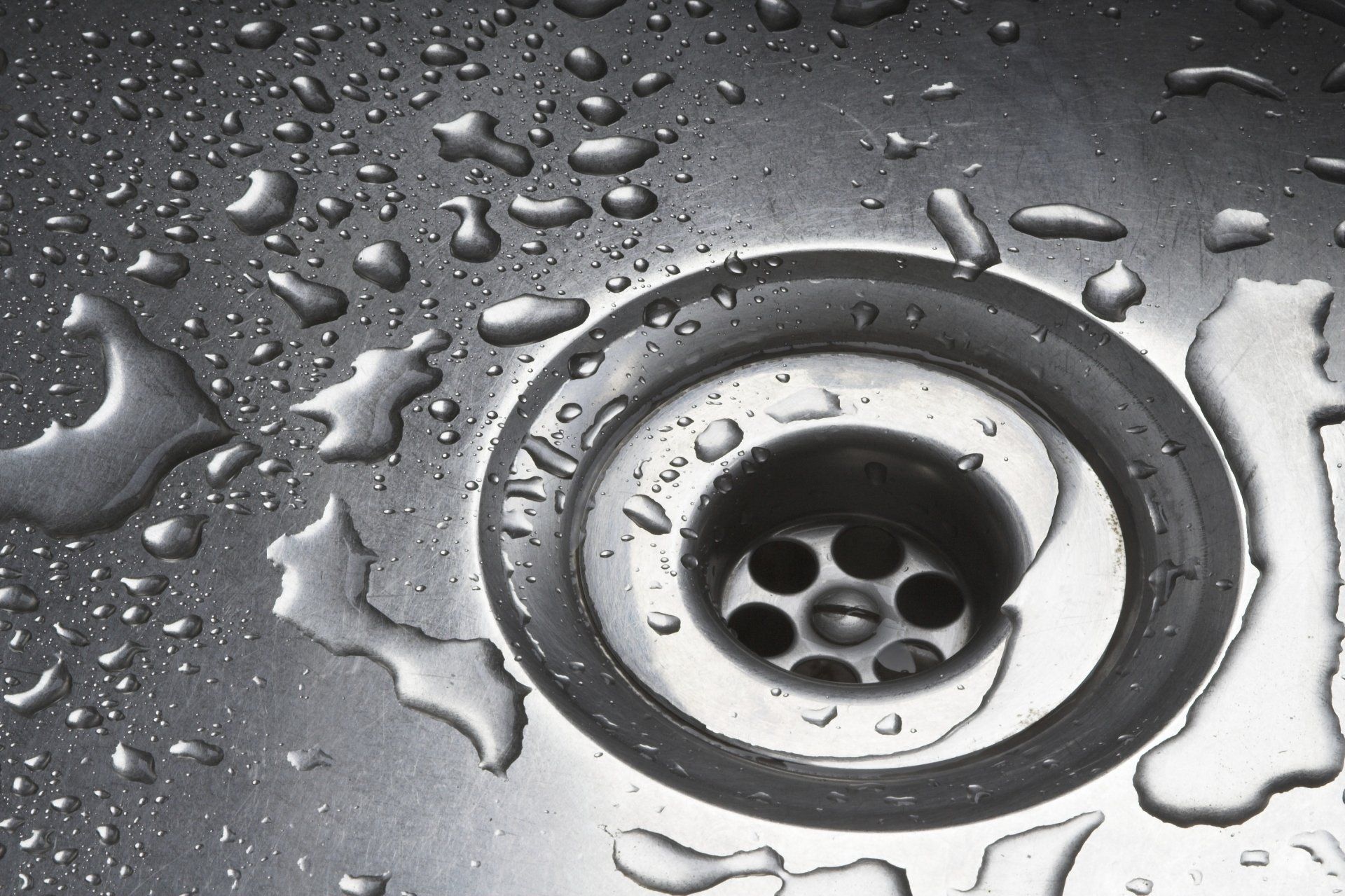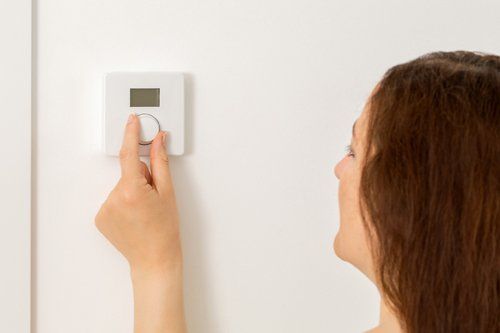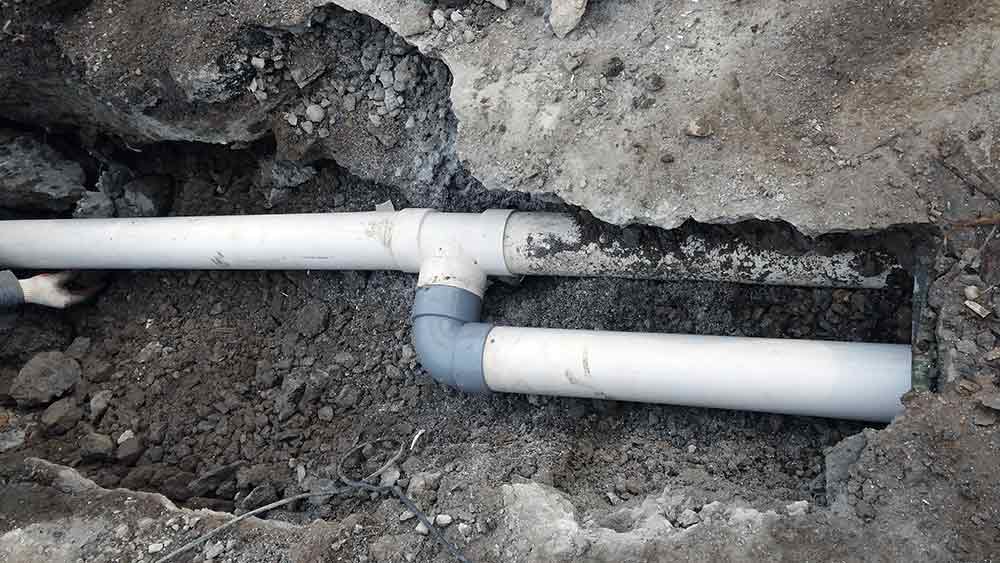Viral Particles and HVAC Filters: What You Need to Know
- By Admin
- •
- 15 Apr, 2020
- •
Can your HVAC system's filter remove contagious viral particles from the indoor air? If you're not sure how much of an impact your air filter has on the safety of your home's interior space, take a look at the top filtration questions answered.
What Do Air Filters Really Do?
The air filter is an integral part of your home's HVAC system. Your central AC or heater's filter traps dirt, dust, debris, and other particles. This stops the particles from circulating through the system and back into your home.
The goal of the filtration system is to increase indoor air quality and reduce damage to your HVAC system. While most filters stop larger particles, such as dirt and pet fur, they won't necessarily catch smallersized or microscopic pollutants.
What Size Particles Do Filters Stop?
If the filter stops some, but not all, particles, what can you expect your HVAC system to catch? There's no universal answer to this question - especially when you want to know more about viral contaminants in the home.
The MERV (minimum efficiency reporting value) provides information on the filter's ability to trap particles of different sizes. The higher the MERV rating, the smaller-sized particles the filter traps. This allows you to compare different filters and make the right choice for your home and your family.
MERV ratings range from 1 through 16. According to the U.S. Environmental Protection Agency (EPA), a MERV rating of 16 means the filter can trap at least 75 percent of particles sizes 0.3 to 1.0 (in microns). A HEPA filter (MERV 17-plus) is able to more efficiently remove smaller particles. These filters may (in theory) remove over 99 percent of 0.3 micron-sized particles, according to the EPA.
Can a High-MERV Rated Filter Remove Viral Particles From the Air?
Before your dig deep into whether an air filter can stop the spread of disease, you need to understand the modes of viral transmission. Most respiratory viruses go from the infected person's respiratory tract into the surrounding air via a cough or sneeze. Some viral particles are also transmitted from person to surface to person.
An air filter won't help with this type of surface transmission. But it's possible a high-quality filter could trap viral particles expelled into the indoor air (from coughs and sneezes) and stop them from recirculating around the interior space.
Theoretically, a HEPA filter or the highest MERV rated filter, could remove microorganisms from the air. But this ability is under perfect conditions. While some commercial air filters may remove extremely fine particles, a residential HVAC system isn't likely to clean the air of viral contaminants. This means your HVAC system isn't likely to keep your home virus-free or reduce the rate of contamination.
Should You Use an Air Filter If It Doesn't Stop Every Microorganism?
If the filter probably won't stop the spread of every viral disease, should you skip this HVAC component? Even though your HVAC system won't sanitize the indoor air, it will still reduce some pollutants and allergens. This ability improves the overall indoor air quality.
Not only should you continue to use an air filter, but you should also regularly change or clean it. This helps your home's ventilation system to perform at peak efficiency and can increase the filters ability to stop particles. A dirty or clogged filter won't continue to trap dust, debris, pollen, pet fur, or smaller particles.
Does your home's ventilation system filter indoor pollutants the way it should? Contact Action Plumbing & Heating Maintenance for more information on how to improve your HVAC system's efficiency or what filter to use in your home.
ADDRESS
CONNECT
PAYMENT OPTIONS



